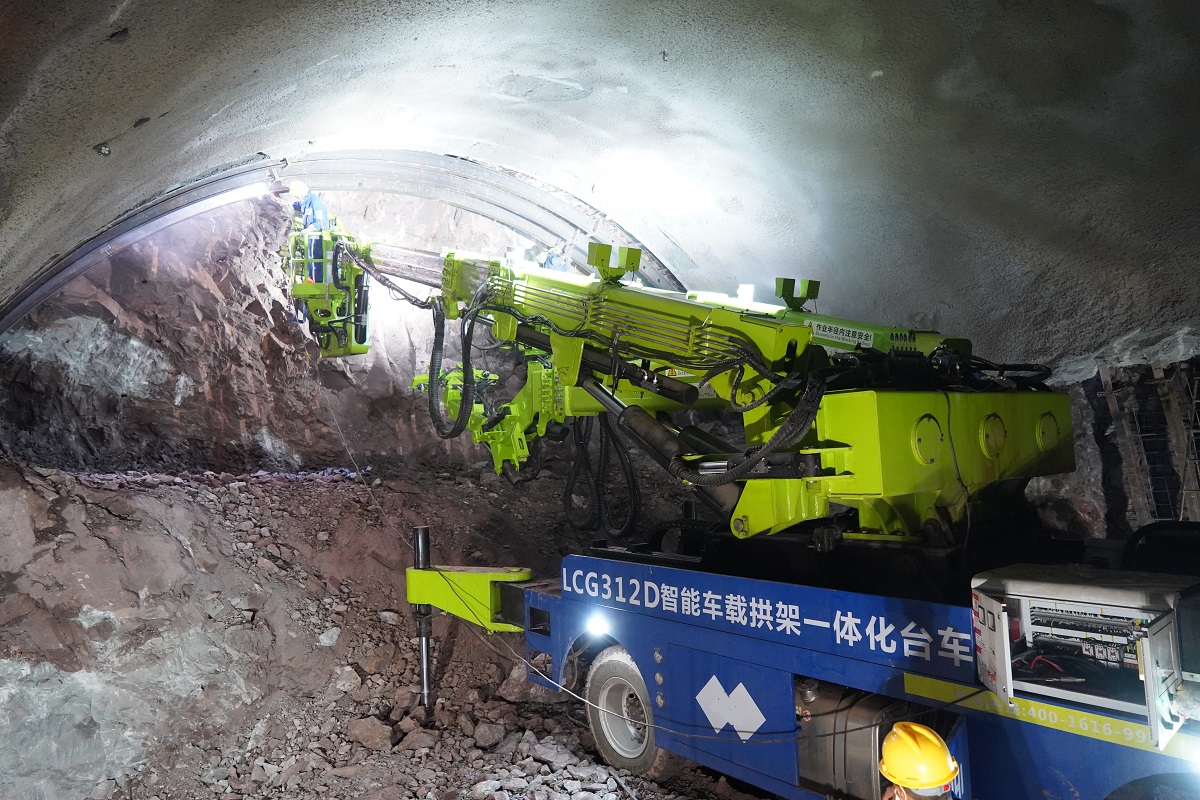Safety is the primary concern in tunnel construction. Tunnels involve high-risk underground engineering activities, thus strict adherence to safety protocols is essential. This includes ensuring that all construction workers wear appropriate personal protective equipment (PPE) such as helmets, safety harnesses, dust masks, and protective eyewear. Additionally, regular safety education and skills training for construction personnel are necessary to keep them updated on the latest safety techniques and operating procedures, as well as how to respond correctly in emergency situations.

Before tunnel construction begins, a comprehensive risk assessment must be conducted to identify potential hazards such as collapses, water damage, fires, toxic gas leaks, etc., and corresponding preventive measures and emergency plans should be developed. Furthermore, ensuring that the temporary support systems for the tunnel comply with design specifications and are reinforced promptly according to geological conditions is crucial to prevent tunnel collapse. Establishing an effective ventilation system is also essential to control air quality inside the tunnel and ensure the safety of construction personnel.
Apart from safety management, geological surveying is also an indispensable aspect of tunnel construction. Prior to construction, thorough geological surveys are required to understand the geological conditions through which the tunnel will pass, including rock types, groundwater conditions, etc., in order to take appropriate construction measures. Designing the construction plan is equally critical, necessitating the development of rational construction plans based on geological conditions, tunnel usage, and other factors, including construction methods, support structures, drainage schemes, etc.
During construction, special attention must be paid to groundwater issues, and suitable drainage systems must be designed to prevent groundwater from entering the construction site, which could affect construction progress and quality. Additionally, selecting appropriate construction equipment and materials is crucial to ensuring construction quality and efficiency. For unique geological conditions, specialized equipment and materials need to be chosen.
Tunnel construction may have an impact on the surrounding environment, so measures should be taken to minimize the environmental impact of construction and protect the surrounding ecological environment. In conclusion, tunnel construction requires comprehensive consideration of factors such as safety, geology, construction plan design, drainage design, support structures, construction equipment and materials, as well as environmental protection, to ensure construction quality and safety.
